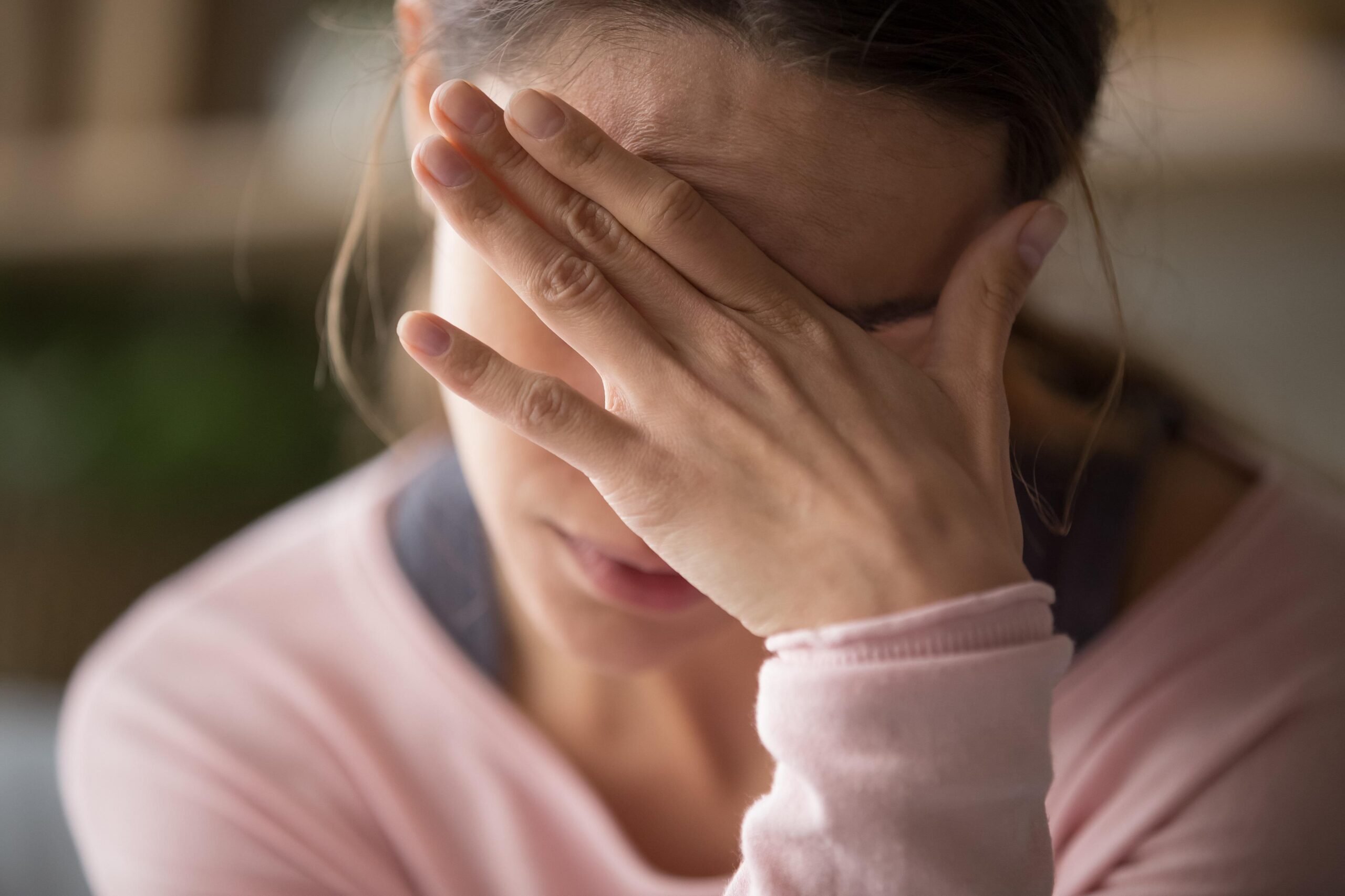Heart attack versus anxiety-related chest pain
Chest pain from anxiety is more prevalent than you might imagine. You are not alone; develop coping mechanisms for anxiety.First and foremost, you should get medical help right away if you are feeling discomfort in your chest or chest pain related to your heart for the first time. In addition to ruling out a few potential reasons of your discomfort, your doctor or the emergency department team may be able to treat your symptoms medically. If it is found that stress or worry is the source of your chest pain, do not feel ashamed. Whatever the reason, you should feel better because your discomfort is genuine and you should rule out any physical explanations for your chest pain.
Symptoms of Anxiety
The symptoms of anxiety and heart problems differ from one another in a few significant ways. Even though they may appear to be very similar, these important distinctions can help you identify the possible source of your pain. Keep an eye out for the following symptoms: Physical activity or exertion can often trigger chest pain resulting from a cardiac condition. Even when your body is entirely at rest, chest pain related to anxiety might strike at any time. Pain from a heart attack that originates in the chest frequently spreads to the arms, legs, and back. Usually, anxiety-related chest pain is localized to your chest.
The pain of a heart attack
The pain of a heart attack occurs regardless of your emotional or mental state at the moment. Chest pain associated with anxiety usually occurs when a person is already experiencing worry or is thinking unpleasant thoughts. In contrast to anxious chest pain, which typically appears very rapidly and disappears rather fast, heart attack discomfort develops gradually and increases over time. While anxious chest pain typically feels strong and stabbing, heart attack pain is typically described as continuous pressure. Even while following these tips will help you feel less worried that there may be a potentially fatal reason for your pain, it’s still crucial to discuss your symptoms with your doctor in order to get a proper diagnosis.
The reason for chest pain associated with anxiety
After you’ve established that anxiety or panic is, in fact, the source of your discomfort, you may be curious about the underlying reason why your chest hurts during worrisome moments and possible solutions. Your body and mind are closely related. Your body’s functioning is greatly impacted by your anxiety. In actuality, worry is essential to human survival. It alerts your body when it’s time to be ready to fight off an impending attack. The term “stress response” refers to your body’s physical response to anxiety, which typically manifests as a fight-or-flight response. Put another way, your body gets ready to defend itself or flee if your mind senses an impending threat. Tension in the muscles is one of the many ways your body achieves this. Additionally, the tension keeps you prepared for greater effort should you defend yourself or flee.
Reducing the symptoms of anxiety
Physical discomfort that can be very incapacitating is a direct result of chronic anxiety. However, what are your options? Fortunately, you can treat anxiety-related chest pain with a few different approaches. Here are some strategies to lessen the intensity of chest pain brought on by panic episodes.
Locate a secure location
To manage your anxious symptoms, provide yourself with some cover and give yourself time to relax. Look for a private nook or a quiet room. If you’re driving, pull over to the side of the road.
Take a deep breath
Breathing too quickly and having trouble breathing are two classic signs of anxiousness. In just a few minutes, you may calm down and revers the stress reaction by breathing deeply and slowly from your abdomen. Locate a secure spot if you can, then place one hand on your abdomen and the other on your chest. Make an effort to breathe such that your chest hardly moves and your stomach rises lightly. Breathing more slowly and counteracting the affects of panic and anxiety can be achieved by pausing in between each breath.
Dietary adjustments
In addition to generally increasing the likelihood of experiencing additional anxiety symptoms, caffeine, alcohol, and refined sugar can be particular triggers of panic attack symptoms including chest pain. Try your best to restrict or eliminate these items completely from your diet. Think about consulting a dietitian to find out how to better balance your body.
Recognize unreasonable fears
Finding the mental patterns that are causing your stress reaction to spike is beneficial. Do you often think about the worst-case situation even in situations where it is unlikely to happen? Do other people’s thoughts and feelings consume you? Do you actually feel unsafe, or are you just seeing a threat where none exists? You can regulate your anxieties far more simply if you understand that your worry is a byproduct of your mental process rather than something that is dependent on the actual existence of danger.
